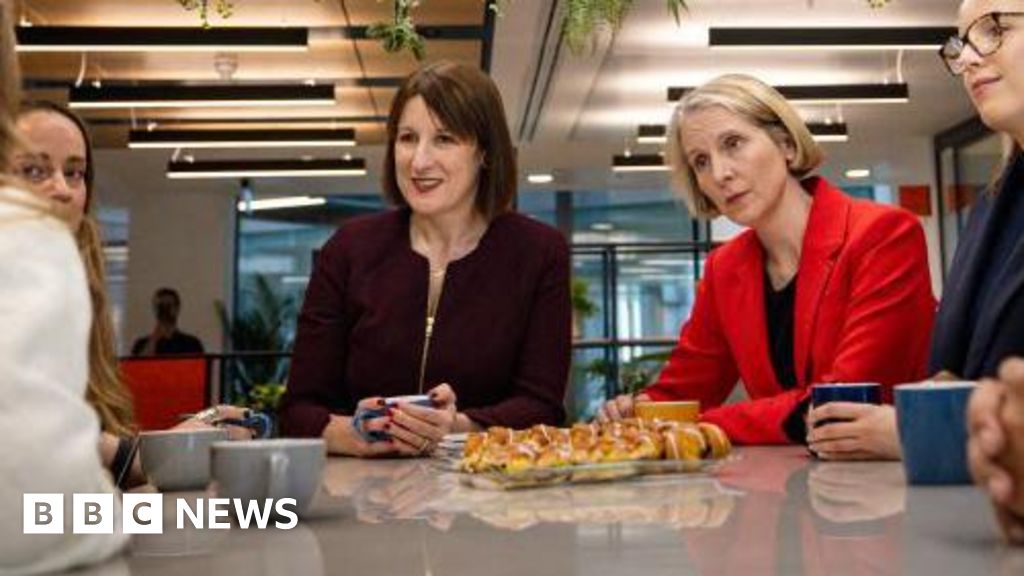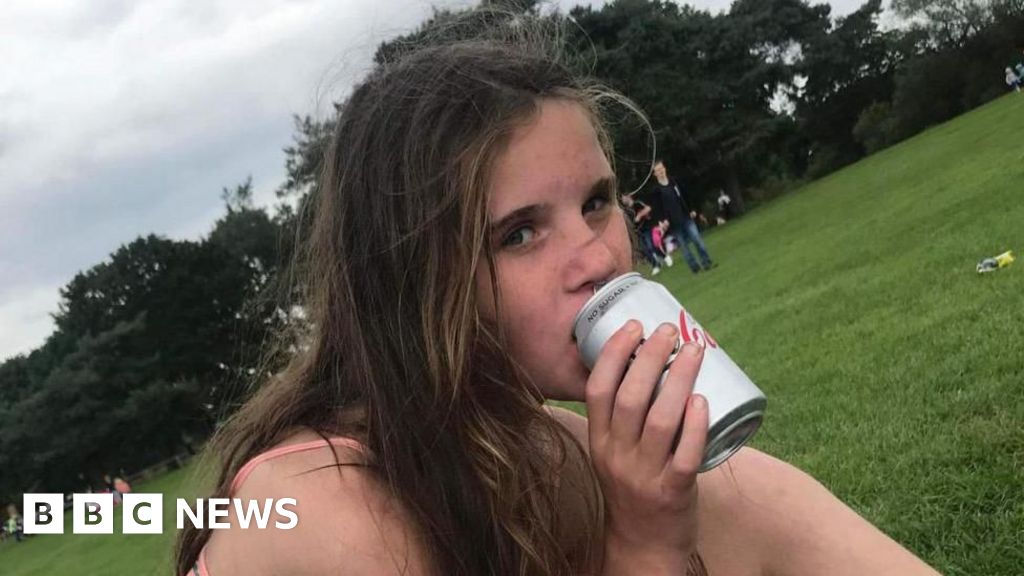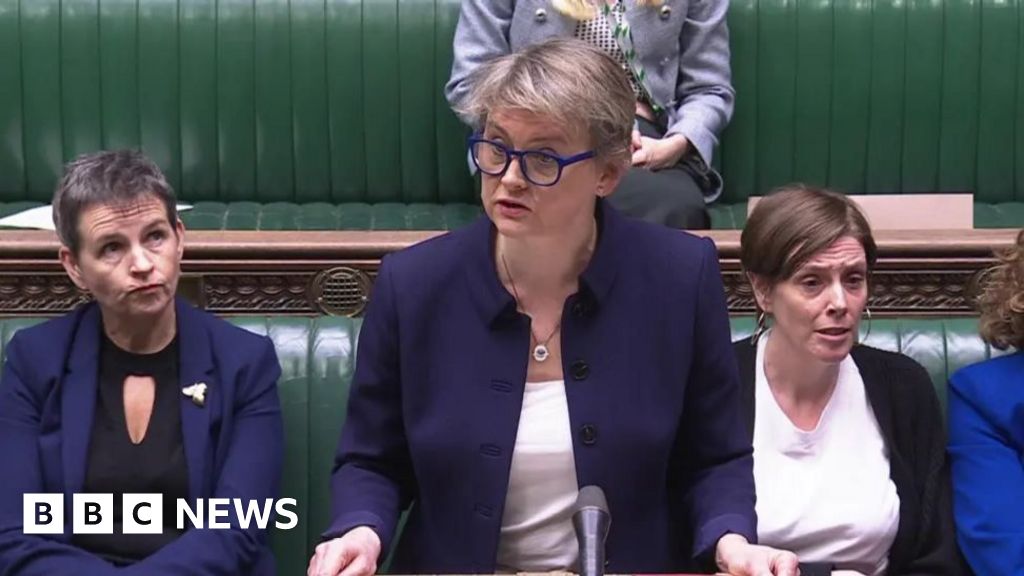ARTICLE AD BOX
By John Campbell
BBC News NI Economics & Business Editor
Image source, Getty Images
Image caption, The protocol avoids a hard border on the island of IrelandThe EU is to set out proposals later to address the row about trade in Northern Ireland.
The UK wants to change the deal struck as part of the Brexit process to allow goods to circulate more freely between Great Britain and Northern Ireland.
It says the current rules impose too many barriers to the sale of chilled meats and other products.
The EU's proposals, which it calls far-reaching, are expected to involve reduced checks on goods and medicines.
Under the current arrangement, a hard border on the island of Ireland is avoided by keeping Northern Ireland in the EU's single market for goods.
But it creates a new trade border with Great Britain which unionists say undermines their place in the UK.
'Careful listening'
European Commission Vice-President Maros Šefčovič said the new proposals for the Northern Ireland Protocol would be "very far-reaching" and that he hoped they would be seen as such.
The proposals are understood to include a unique deal around agri-food - which includes agriculture, horticulture, and food and drink processing - aimed at sharply reducing the checks on products moving from Great Britain to Northern Ireland.
There will also be an arrangement to allow the continued sale of chilled meats from Great Britain in Northern Ireland; these products were facing a ban.
The EU has also said it is going to change its laws in an attempt to solve regulatory issues which are posing a threat to the supply of medicines to Northern Ireland.
The Irish Republic's Foreign Minister, Simon Coveney, said the proposals reflected "months of hard work, careful listening across Northern Ireland and will deliver practical solutions to make the protocol work better".
"I hope the UK government is serious about moving on in partnership," he added.
The EU is offering tweaks to the existing protocol and a relaxation of how it's implemented.
That's too little for Lord Frost who has tabled an alternative version which would strip out references to the continued application of EU law in Northern Ireland and eliminate the role of the European Court of Justice.
The problem is that's too much for the EU to stomach.
The two sides will see if they can bridge the difference during a few weeks of intense negotiations. Which means the next crunch point is likely to be in mid-November.
If things go badly that could lead to the UK triggering a clause which allows each side to unilaterally suspend parts of it in an emergency.
That could lead to retaliation by the EU, potentially including new tariffs on British imports. Something you could describe as a trade war.
The protocol seems to be causing genuine problems for trade between Great Britain and Northern Ireland, and within Northern Ireland but the UK government also knows that standing up for the union against the EU is good politics.
As part of these plans, the UK government wants to reverse its previous agreement on the oversight role of the European Court of Justice, which is the EU's highest court.
The agreement states that the ECJ has jurisdiction to rule on matters of EU law in Northern Ireland - so for example, if there was a dispute around complying with applicable EU law, the EU could take the UK to the ECJ.
In a speech to diplomats in Portugal on Tuesday, Lord Frost described his new legal text as "a better way forward".
He said his proposed text would amend the Northern Ireland Protocol and support the Good Friday Agreement.
"We have a short, but real, opportunity to put in place a new arrangement, to defuse the political crisis that is brewing, both in Northern Ireland and between us," he said.
However, the EU has repeatedly said the ECJ must have the final say on any matters of EU law in the protocol.
It is expected that the two sides will engage in intense talks during November.
Image source, Reuters
Image caption, Some unionists in Northern Ireland have held street protests against the protocolSir Jeffrey Donaldson, leader of the Democratic Unionist Party - Northern Ireland's largest unionist party - has warned that it may quit Stormont if its demands over the protocol are not met.
He has claimed pressure from unionists had led the EU to table its new proposals.

 3 years ago
61
3 years ago
61








 English (US) ·
English (US) ·